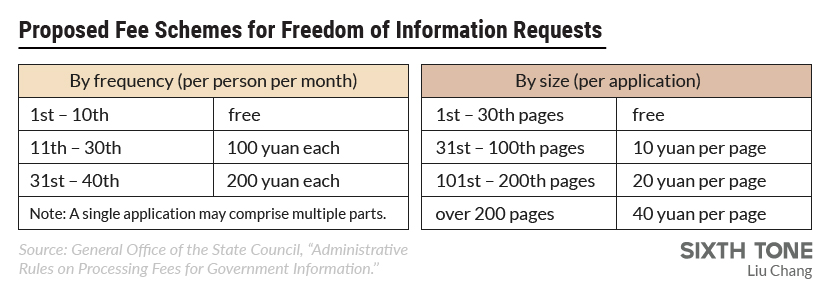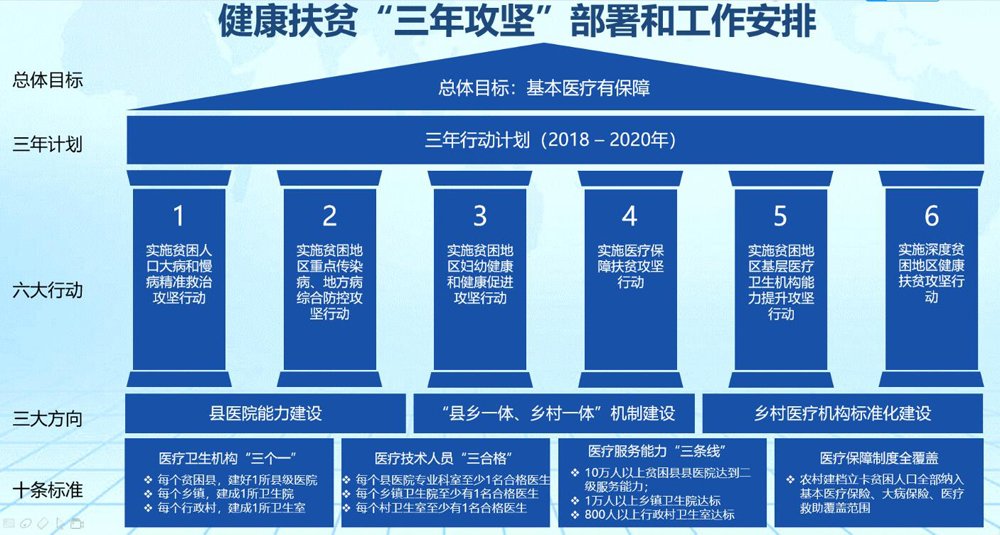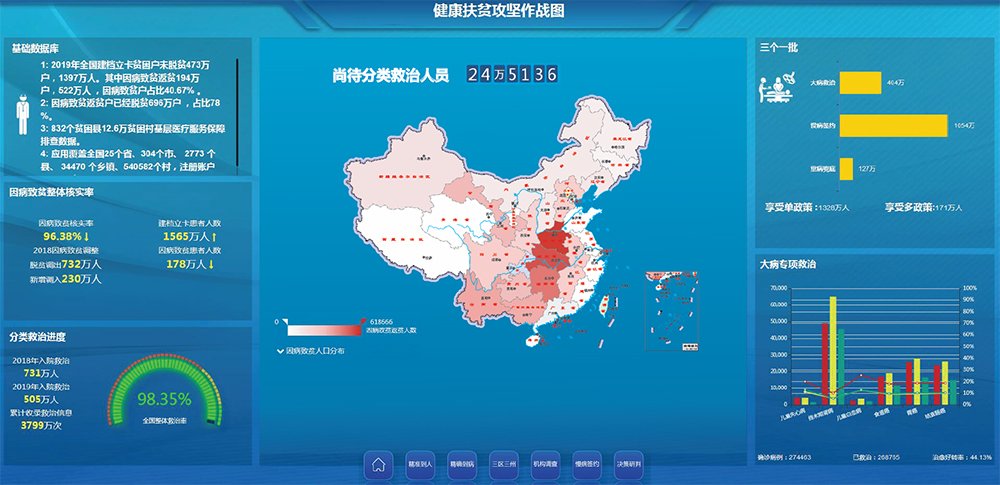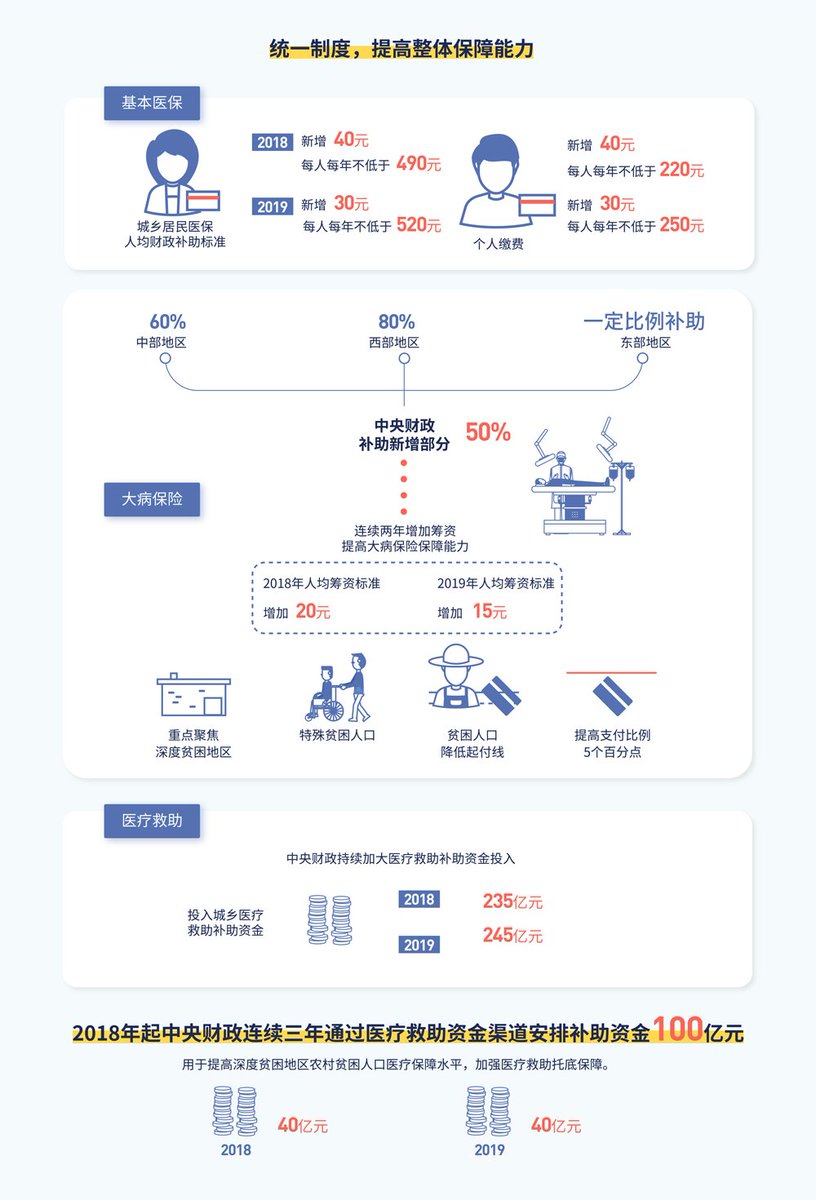🇨🇳 🇨🇳 Situation Update, Dec. 6th –China owns DOMINION, and controls all the officials who run the machines at every level of government.
✅ Dominion is owned by communist China,which also runs the tech giants, the left-wing media and most of the Democrats in Congress
[M. Adams]
1. “Dominion’s Parent Company Arranges $400 Million Placement 1 Month Before Election: SEC Filing” – The Epoch Times:
2. A filing with the U.S. Securities and Exchange Commission (SEC) shows that UBS Securities LLC arranged a private placement of $400 million with Staple Street Capital III, L.P. on October 8, 2020.
Staple Street Capital, a private equity firm located in New York, purchased
3. Dominion Voting systems on July 17, 2018, for an undisclosed amount.
The securities firm that arranged the transaction, UBS Securities LLC, is a division of UBS Americas Inc, which ultimately falls under UBS Group AG, a company listed on the SIX Swiss stock exchange.
4. Three of four board members of UBS Securities LLC are Chinese according to Bloomberg, at least one of whom appears to reside in Hong Kong.
One of them is Ye Xiang, a Chinese national who also served as a board member of the Beijing-based UBS subsidiary.




















